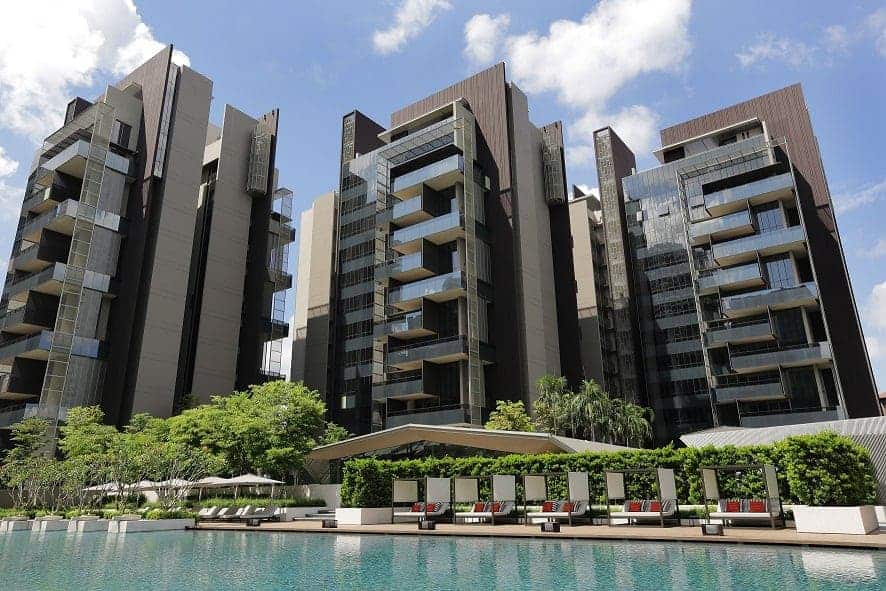Condominiums

A huge property, split into separate units for the purpose of selling, is a condominium. So, what distinguishes it from a standard piece of real estate? Much of the variance comes up owing to the form of ownership. For example, in the case of an apartment, a single family acquires not only the unit but they also have a right of ownership on the ground on which the construction is constructed. The ownership structure differs somewhat in a condominium. A condominium is within a residential structure or neighbourhood yet the unit is privately controlled by the person or landlord of the property. When it comes to how the bigger structure or land on which their home is constructed functions, this landlord has no influence. A home owners’ organisation may, however, band together to assist out with the property management. This collection of property owners, collectively known as the condominium management, is in charge of things like lawn care and snow removal. For services such as these, condo owners will have to pay a specific sum.
Why should a condo owner pay the property manager?
As previously noted, a condo owner will be forced to pay for the services supplied by a property management business. Repairs, landscaping, and operation and maintenance of fitness centres and swimming pools are examples of this kind of service.
Advantages of condos
The following are some of the benefits of living in a condo:
- Flexible lifestyle: Condominiums are great for persons who wish to live a flexible life without constraints. Remember, you are the owner of the unit and there are no constraints on your lifestyle in a condominium.
- More affordable: Condominiums are particularly advantageous for persons who wish to minimise the expense of buying a property. Condominiums are cheaper than independent residences and make a terrific buy for first-time home owners.
- Good connection with business centres and many forms of entertainment: One of the most remarkable qualities of condos is that they are placed adjacent to business centres and popular centres of a community. As a result, the property’s owners enjoy high levels of connection and easy access to a wide range of leisure options available in the surrounding area.
- Large variety of facilities: Most condos have a wide range of amenities that include a swimming pool, rooftops, and fitness centres. Thus, the inhabitants need not venture out of their complex in pursuit of these services.
- Excellent security: Condominiums are well-protected against break-ins and other forms of trespassing. In order to protect its occupants, most condominiums incorporate a variety of security features.
Cons of living in a condominium
The following are the downsides of condominiums:
- You don’t have your own private outside area in a condo, such a backyard or garden. Particularly for households with young children or pets, this is a problem.
- There are only a limited number of parking spaces available in condominiums. This might be a problem if you have visitors invited since their parking can be expensive.
- Limits on pets: Most condominiums have restrictions on owning pets. Pets are welcome in certain condominiums, however the number of pets you may have and the breed they can be may be limited.
Maintenance of condos
Because of the cheap expenses of upkeep, most people choose to live in a condominium. Condo owners are expected to contribute to the general upkeep of their complexes on a yearly or monthly basis. Thus, the occupants need not solve any maintenance problem by themselves. They merely need to alert the authorities in order to address the difficulties. Some condominiums additionally have frequent inspection facilities where repairs are instantly done if any problem is found.



